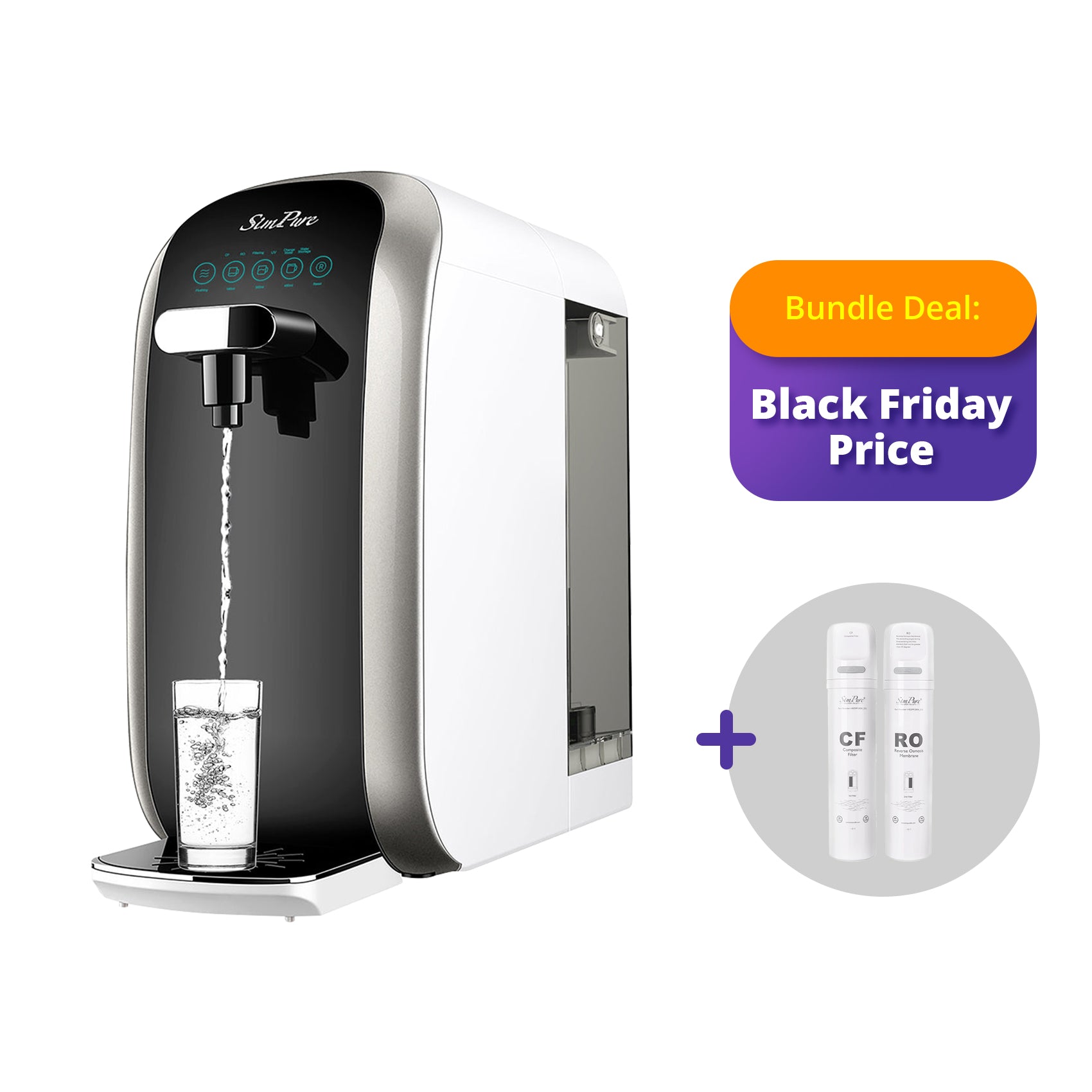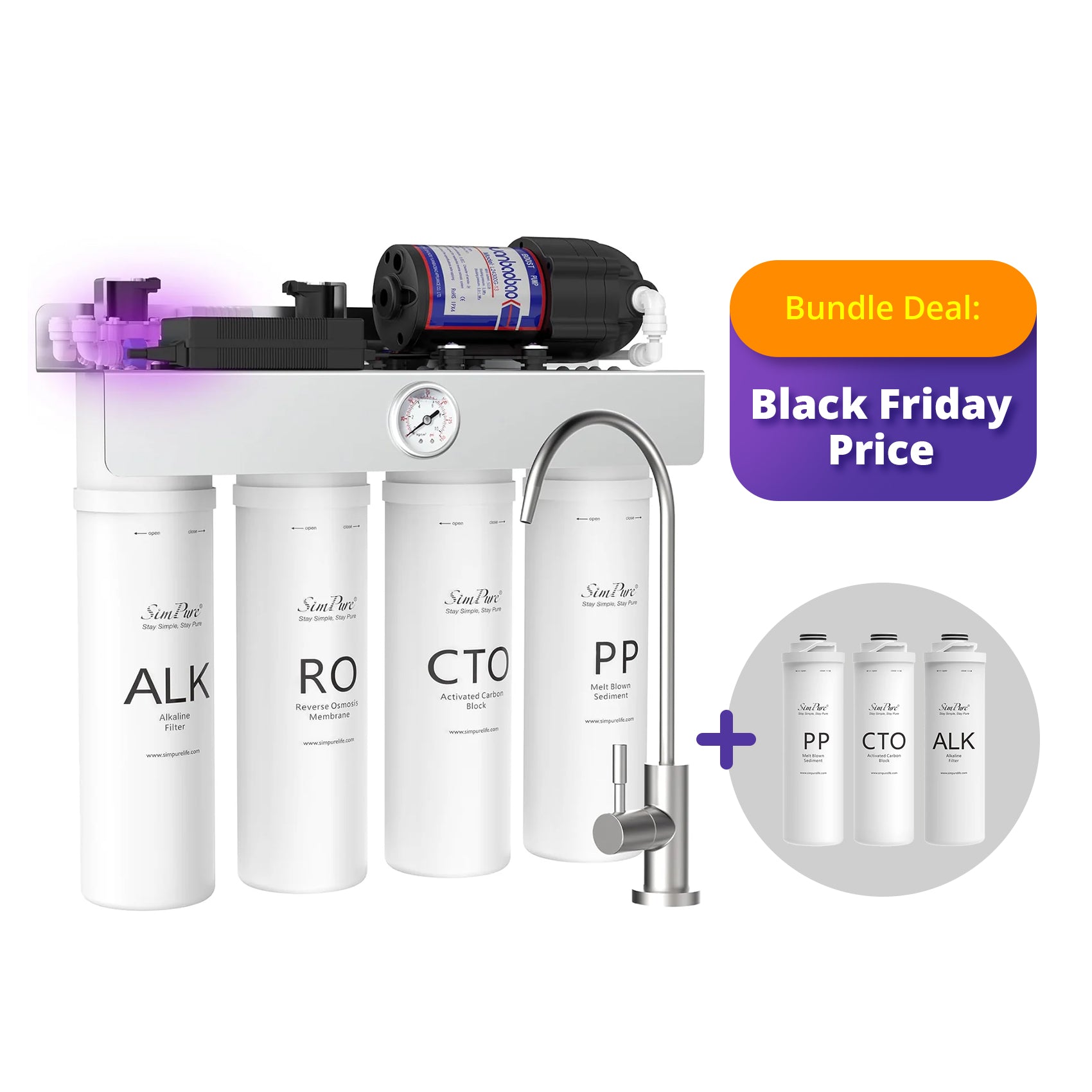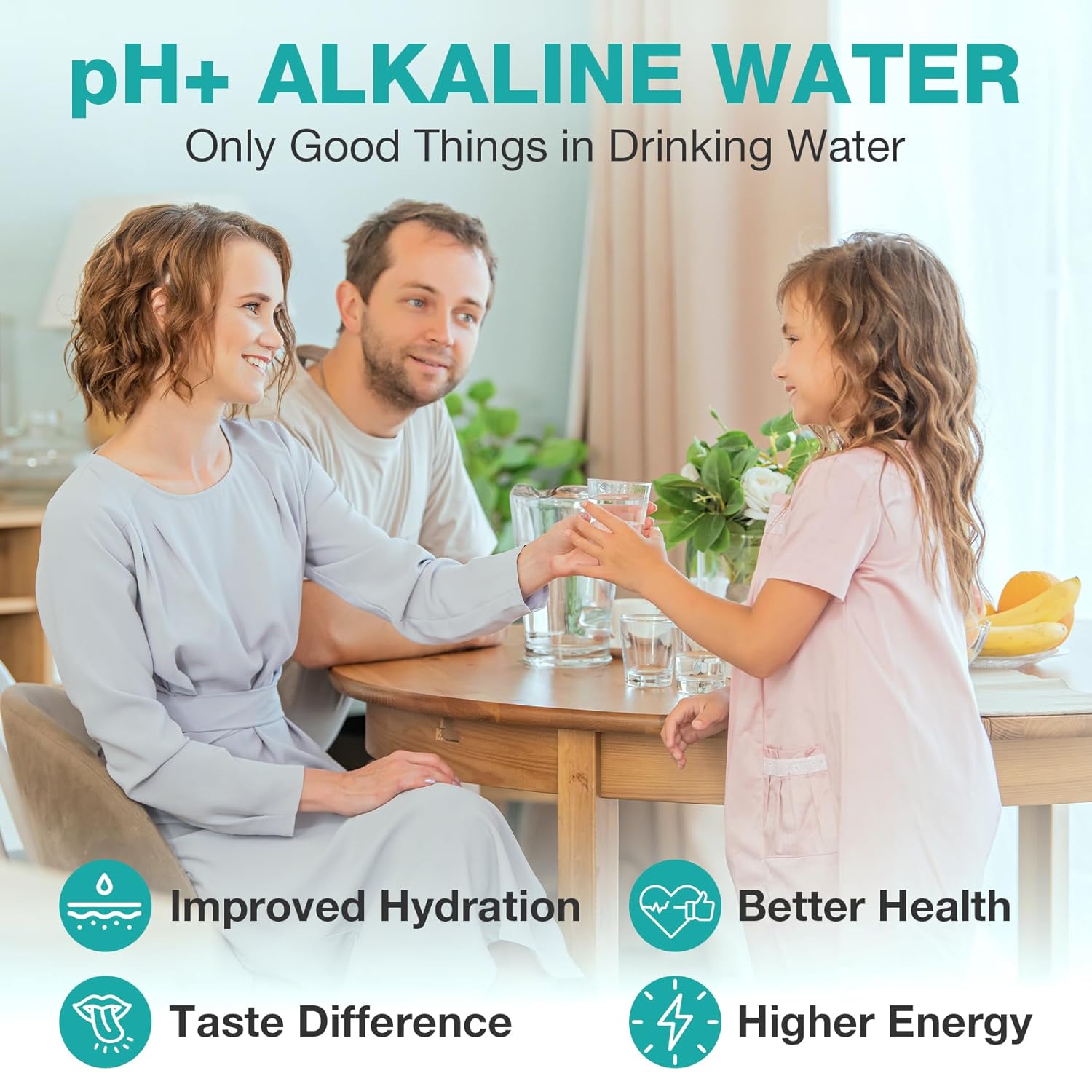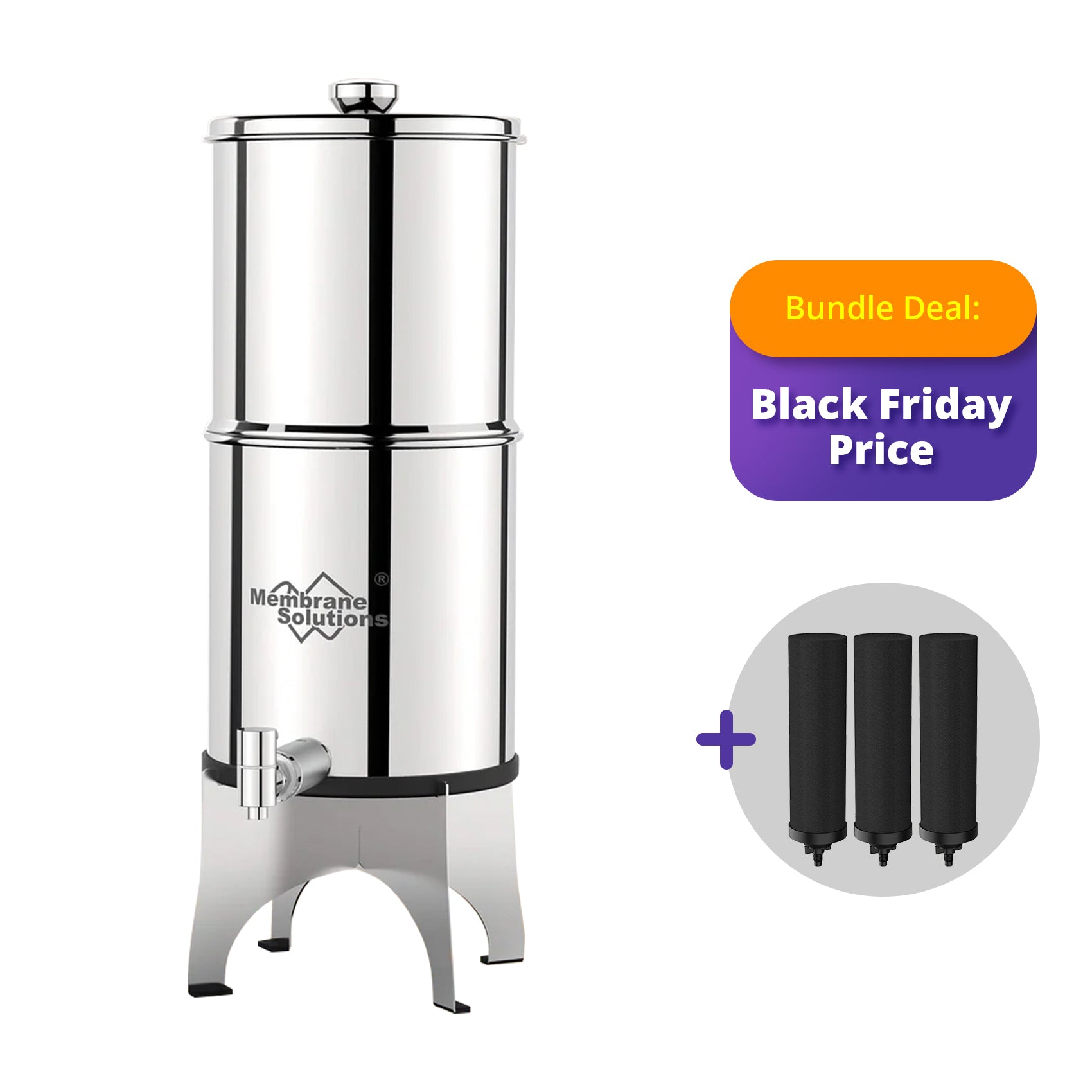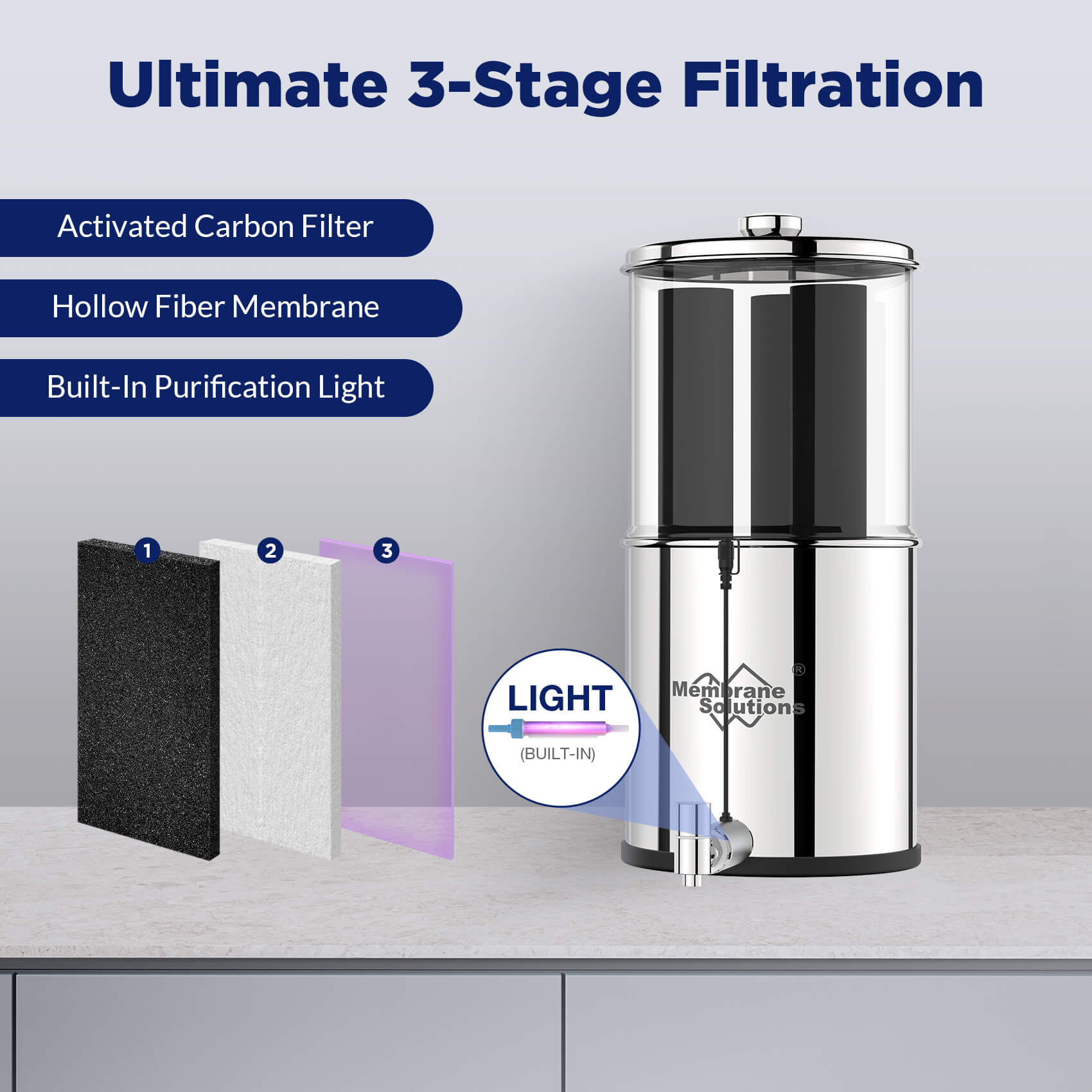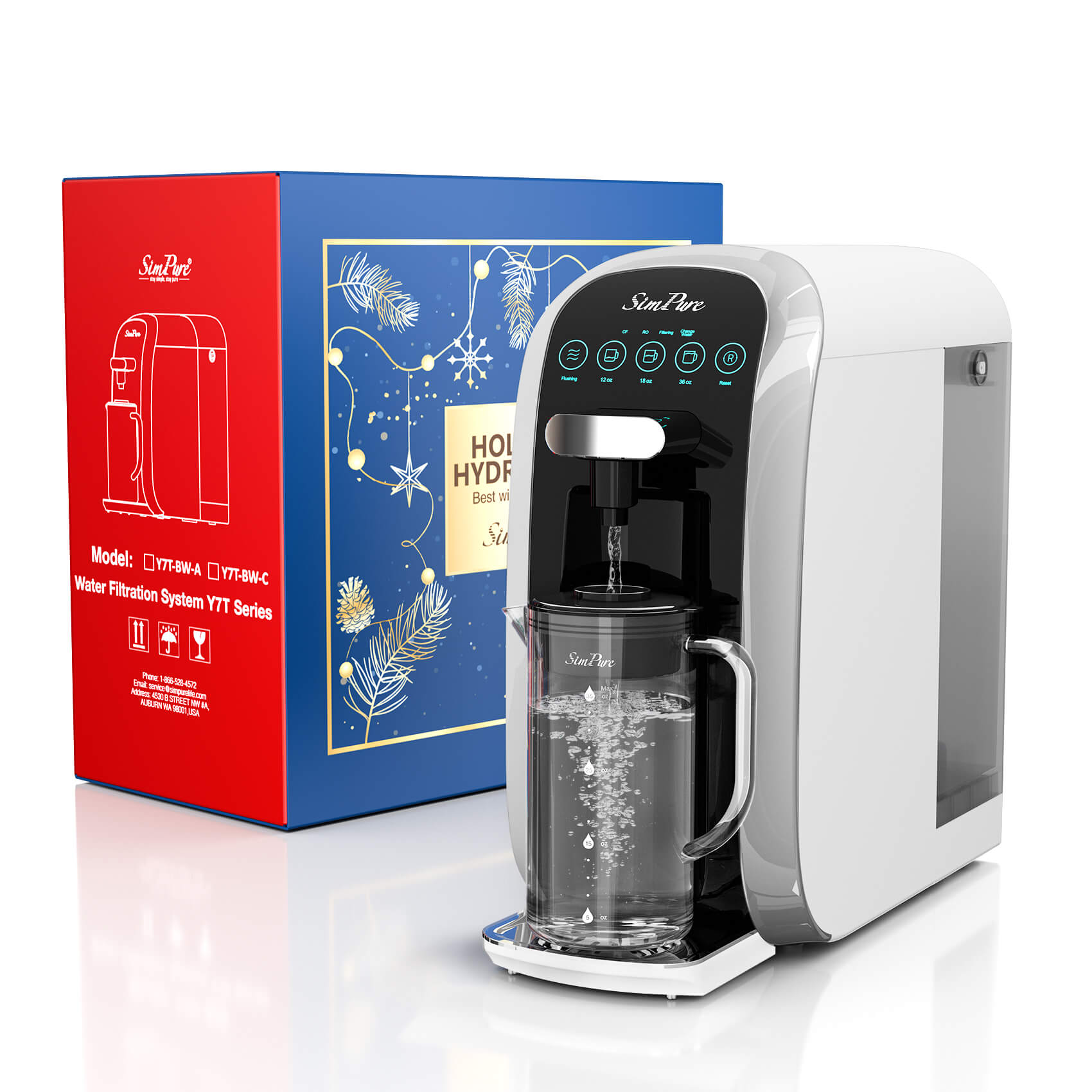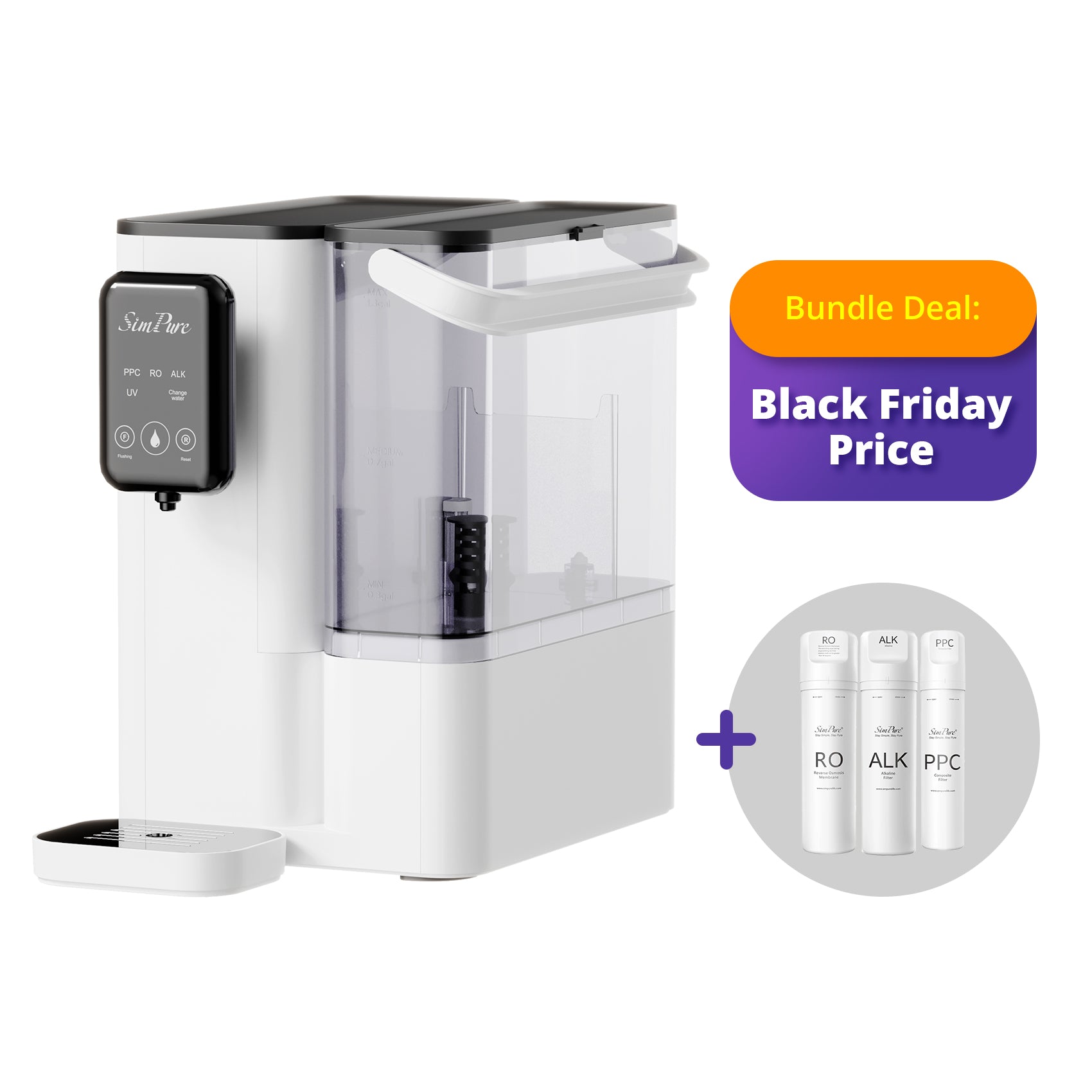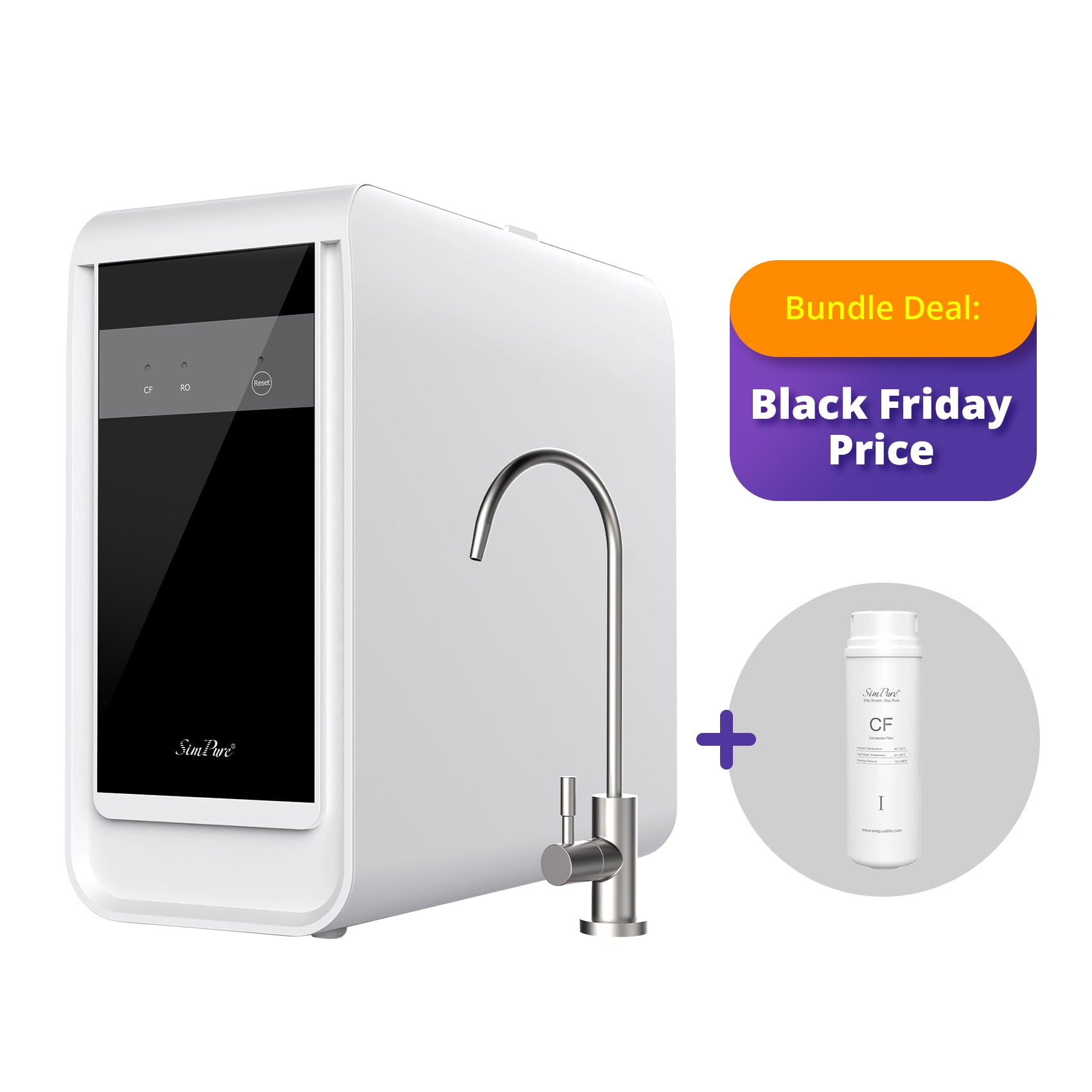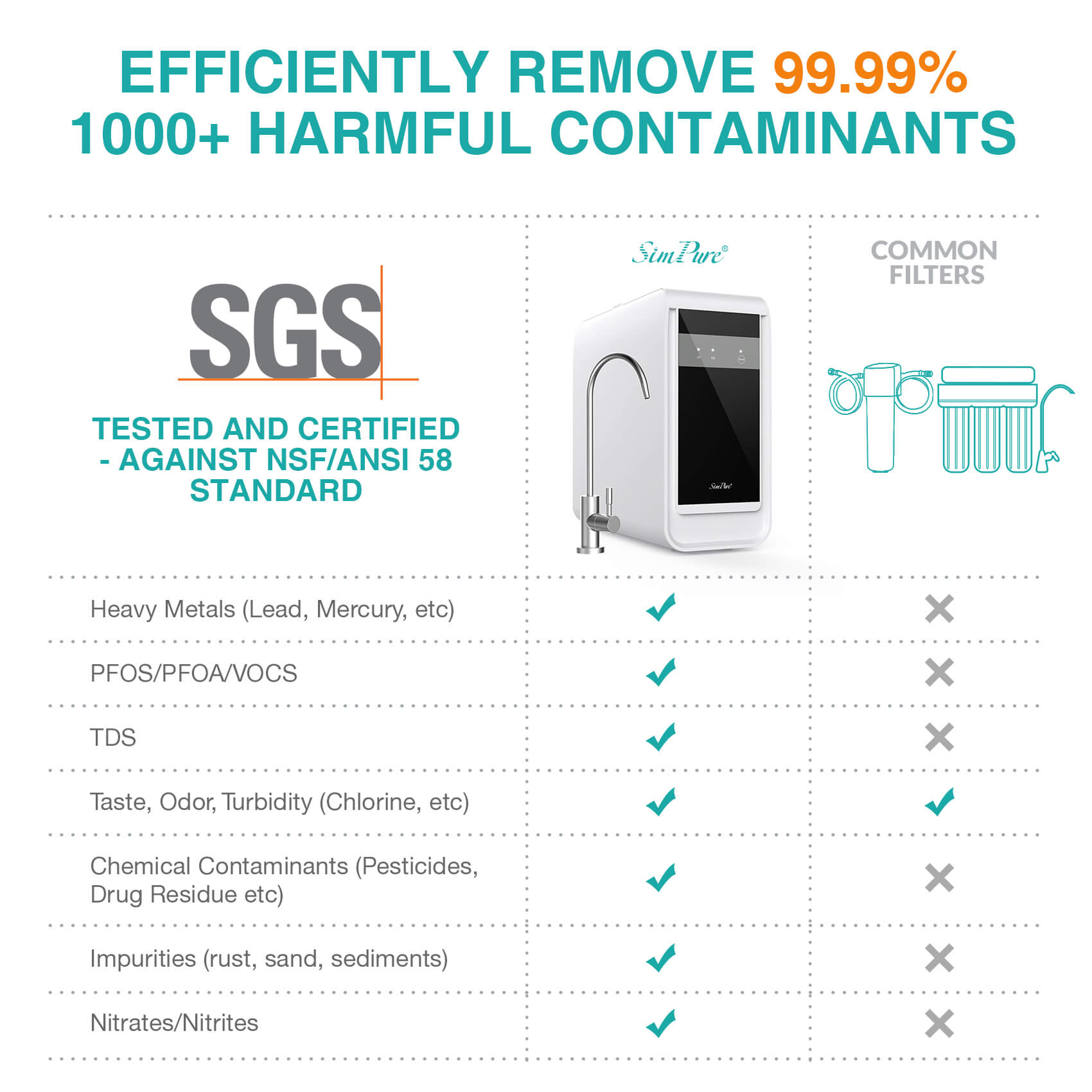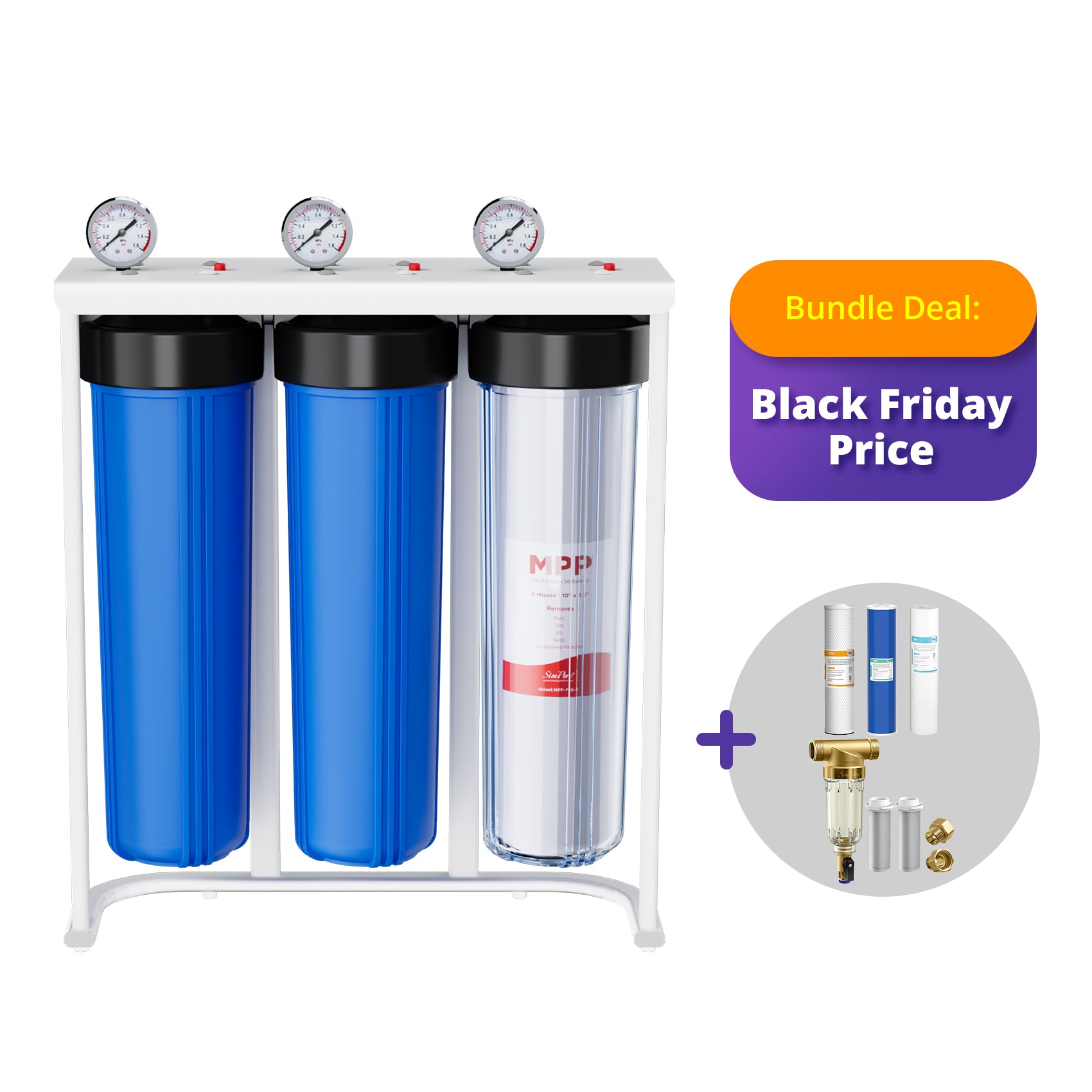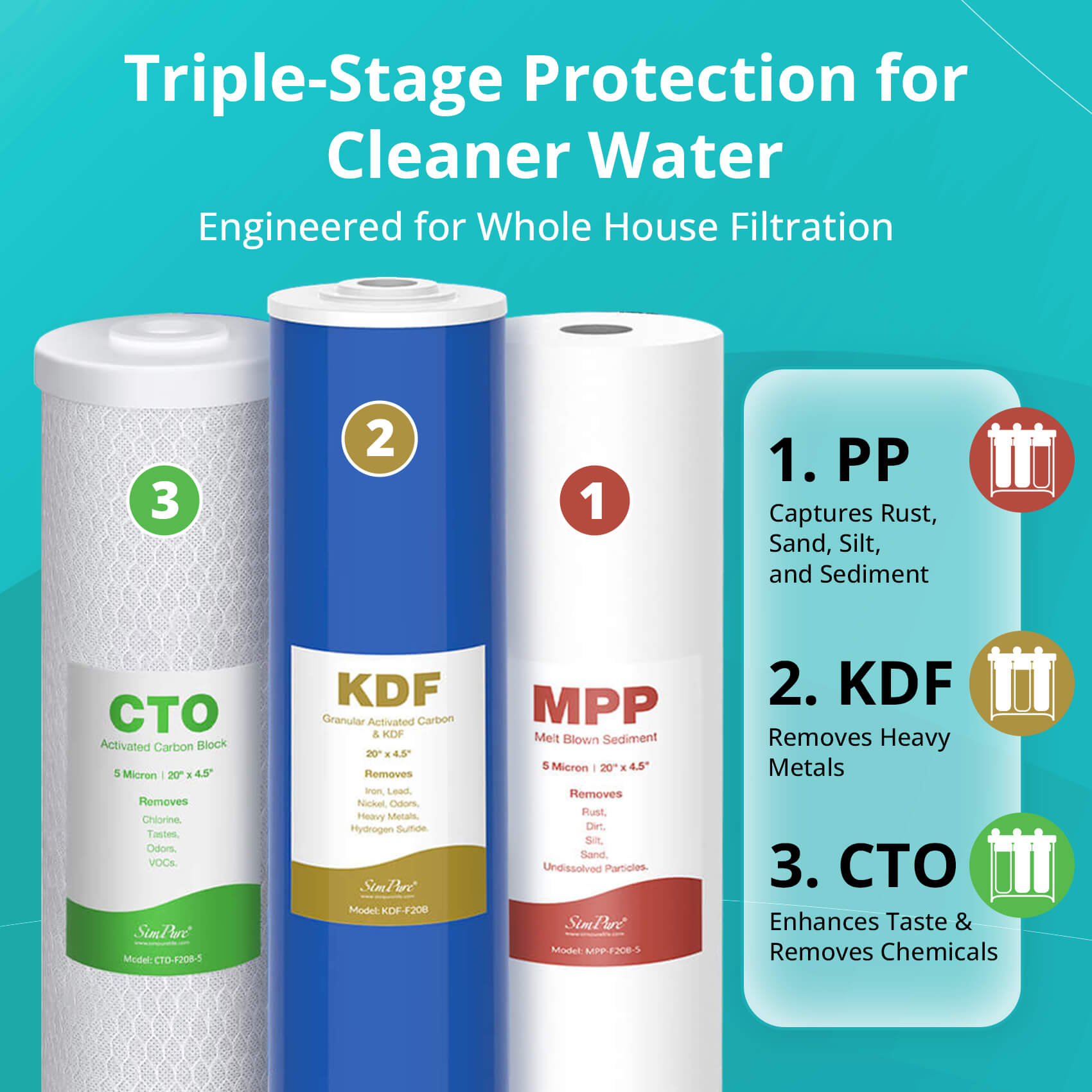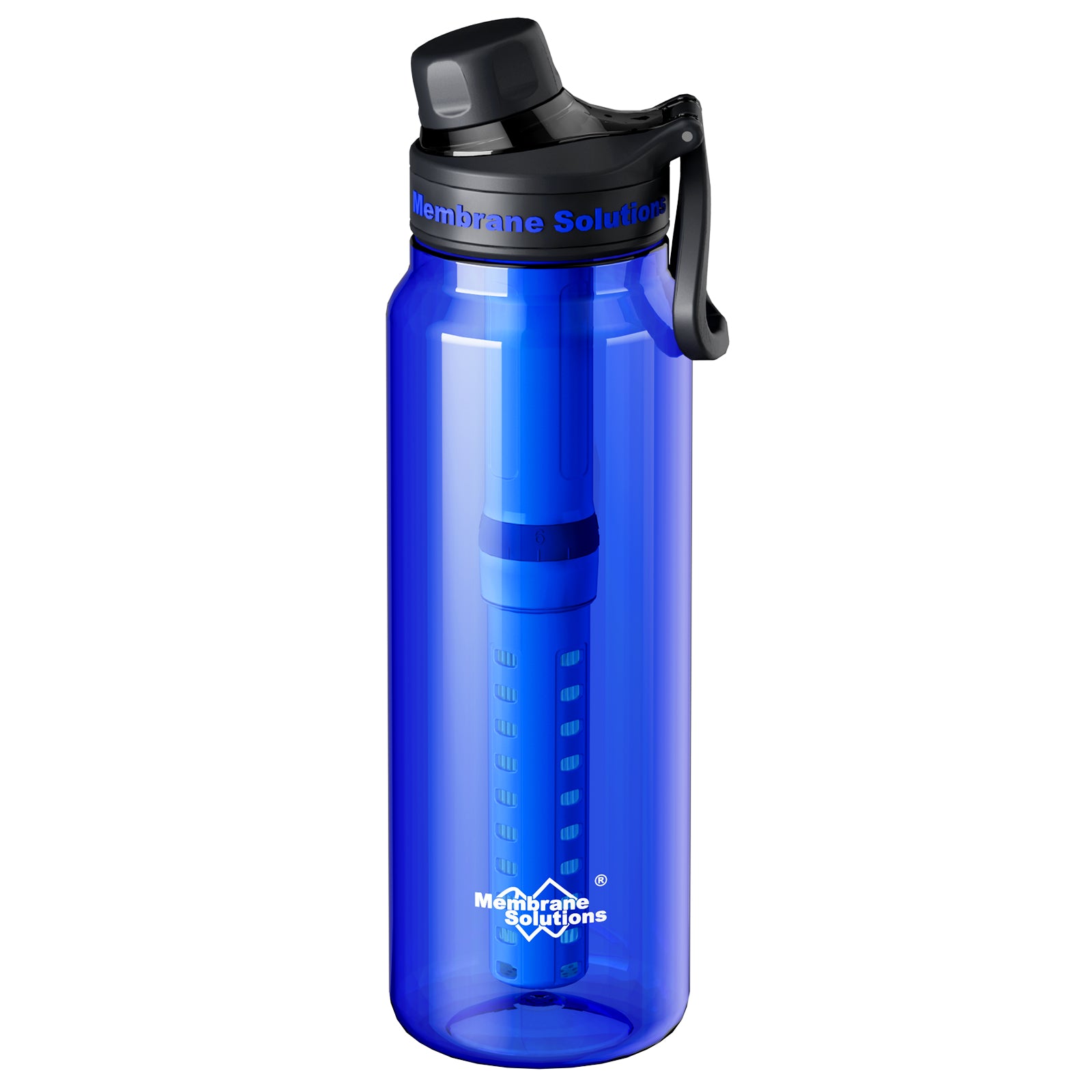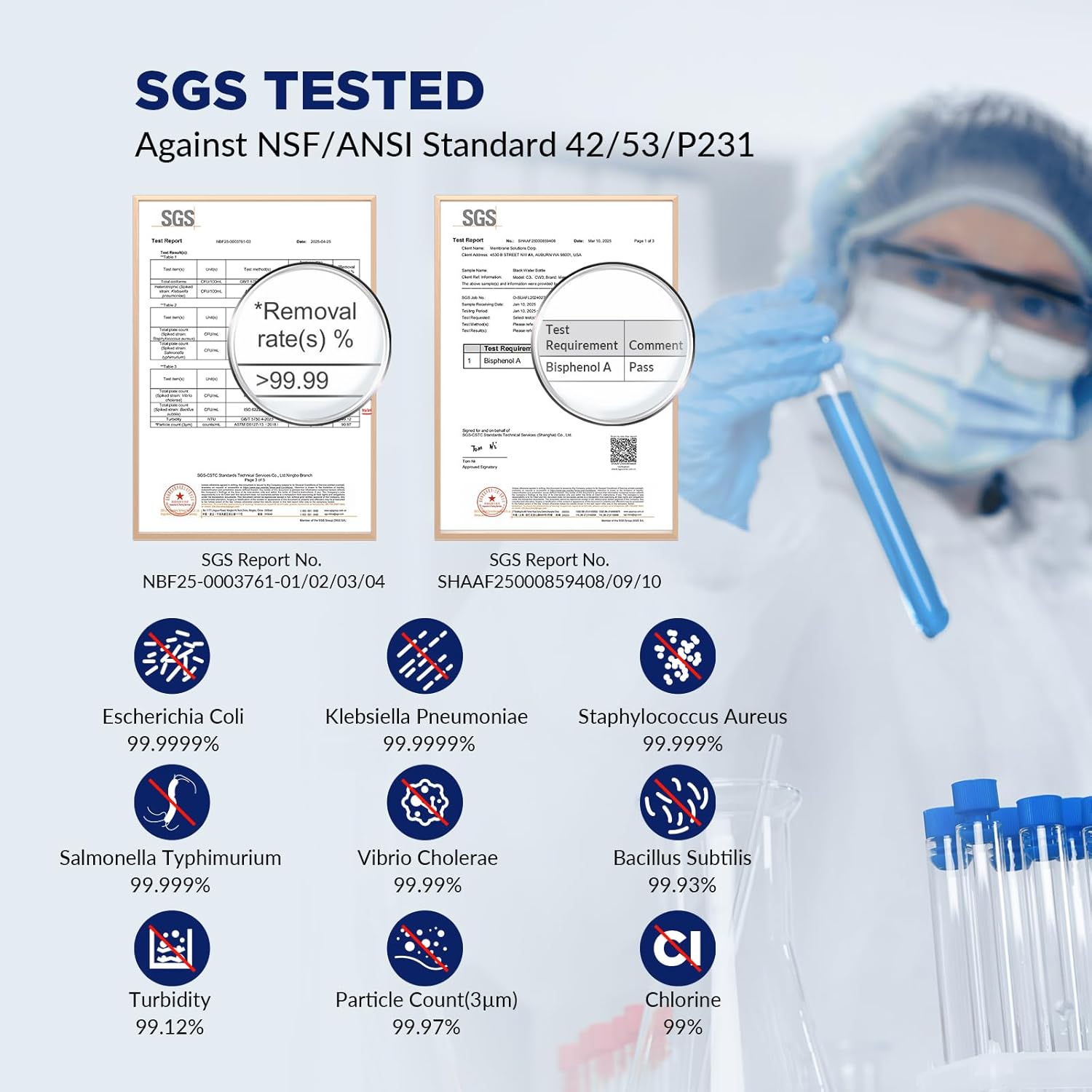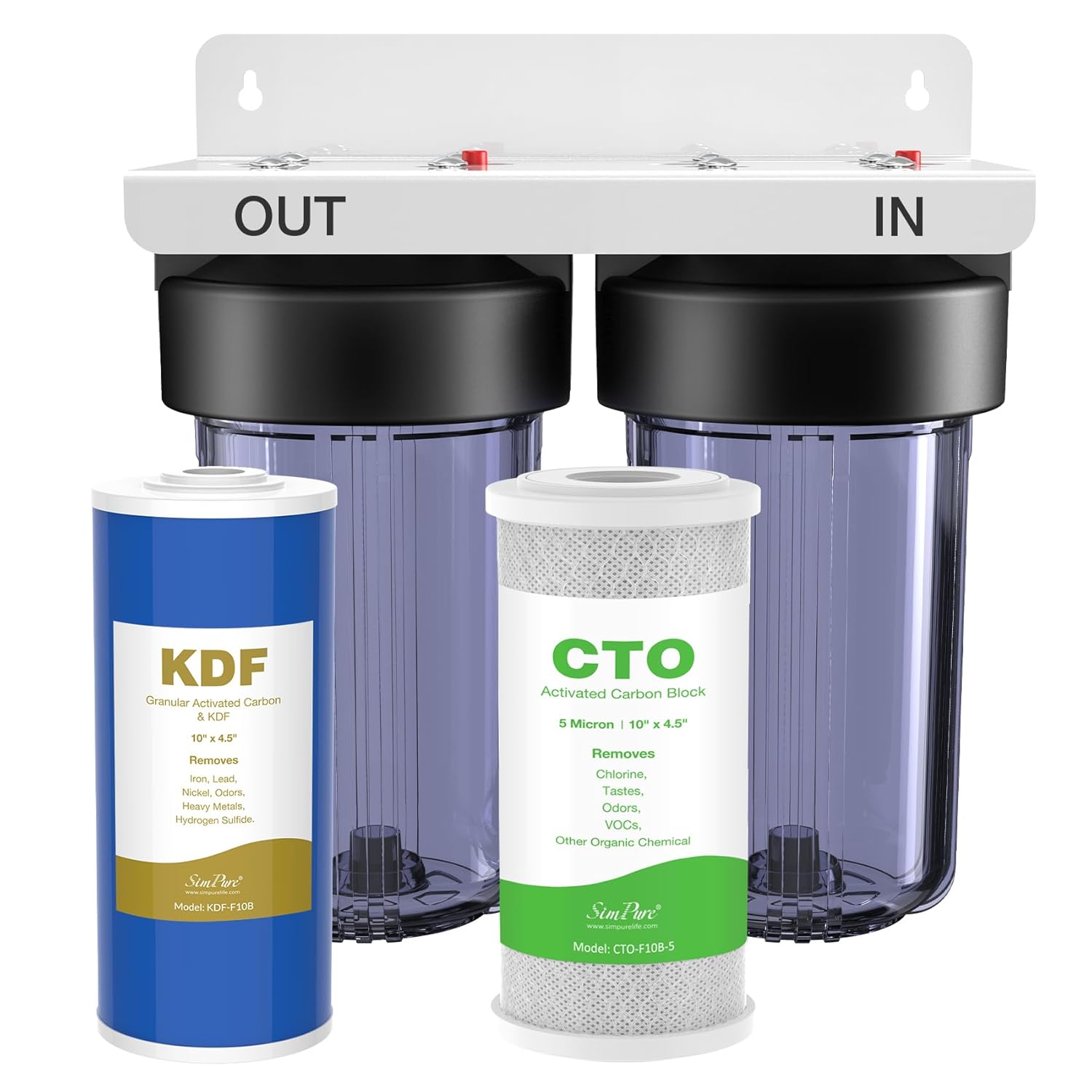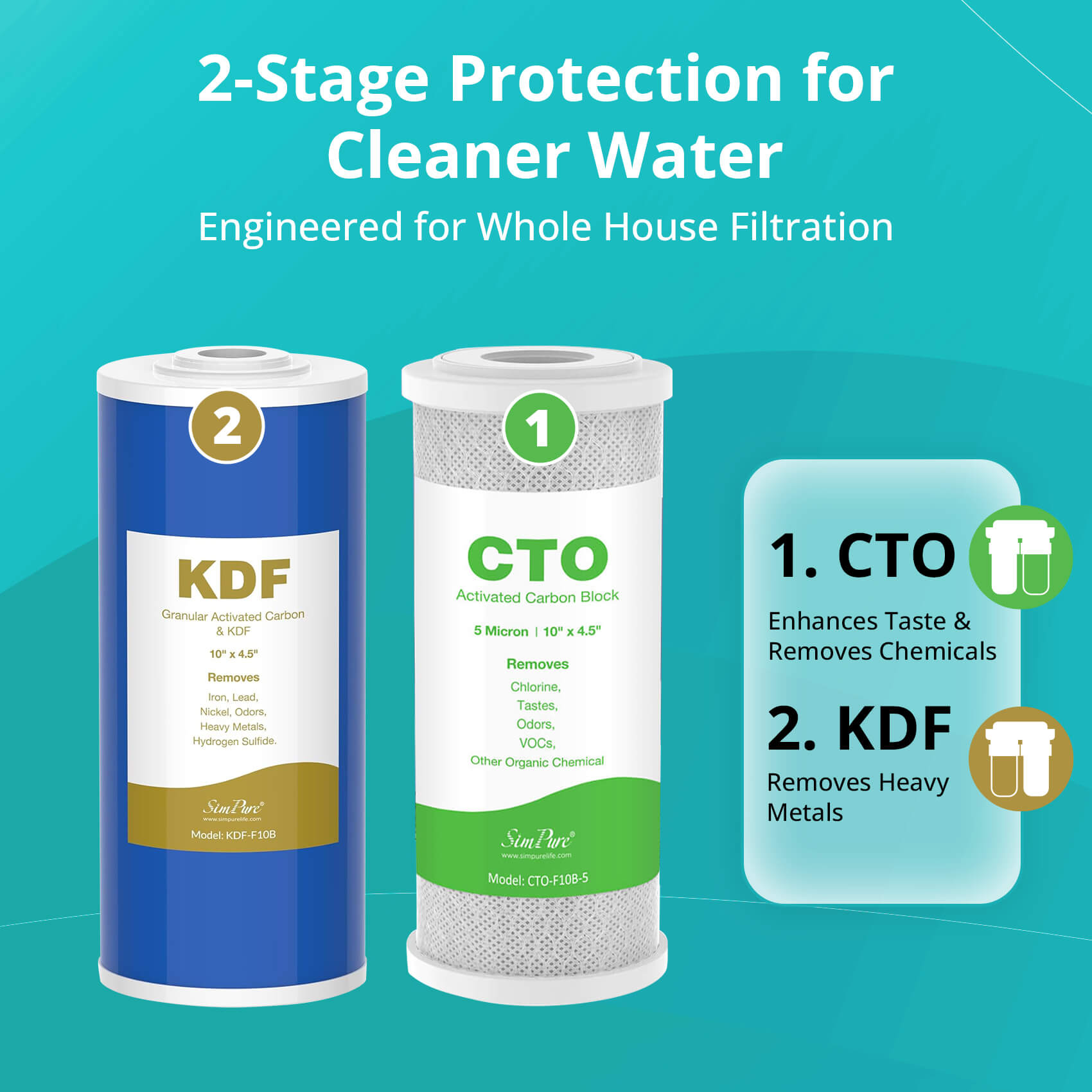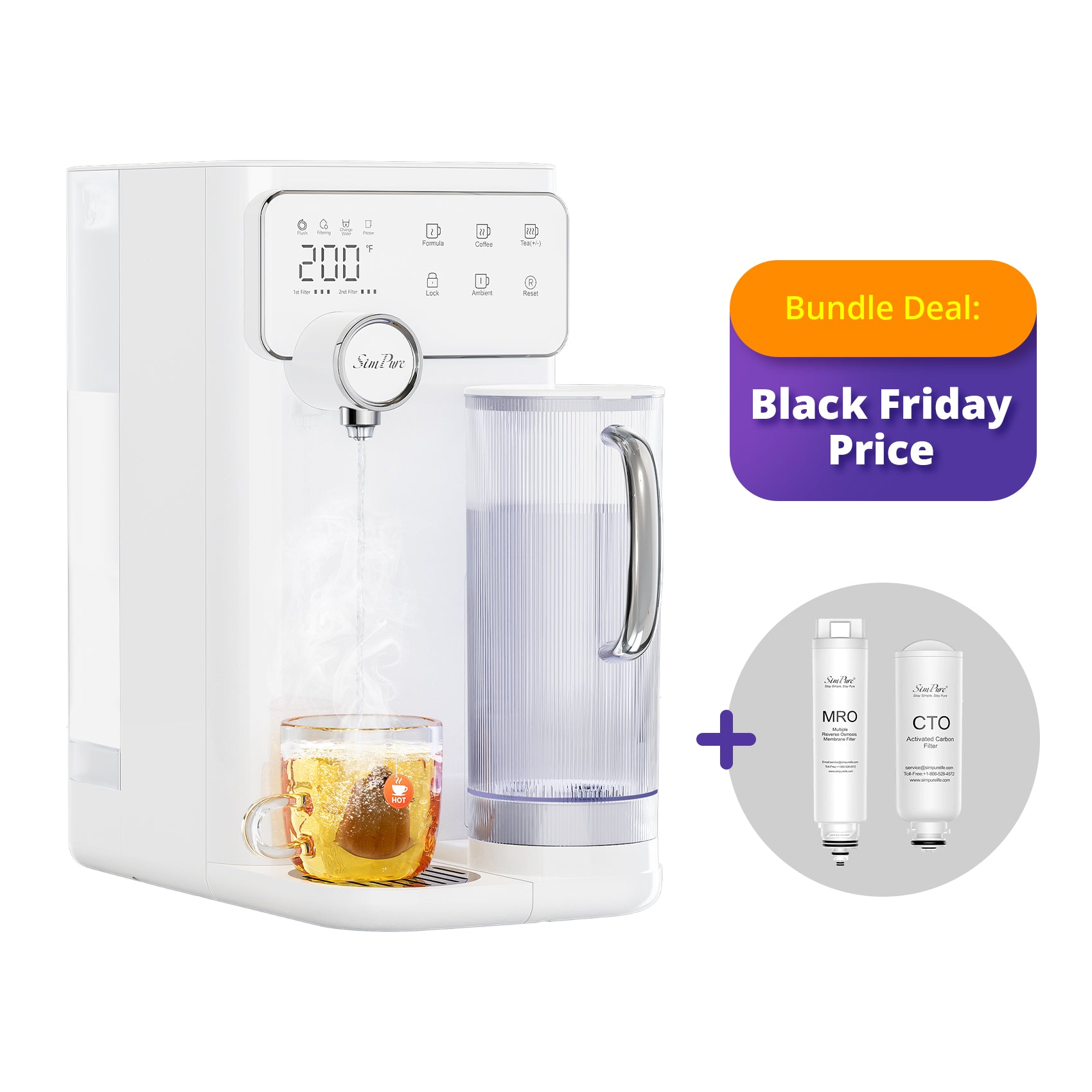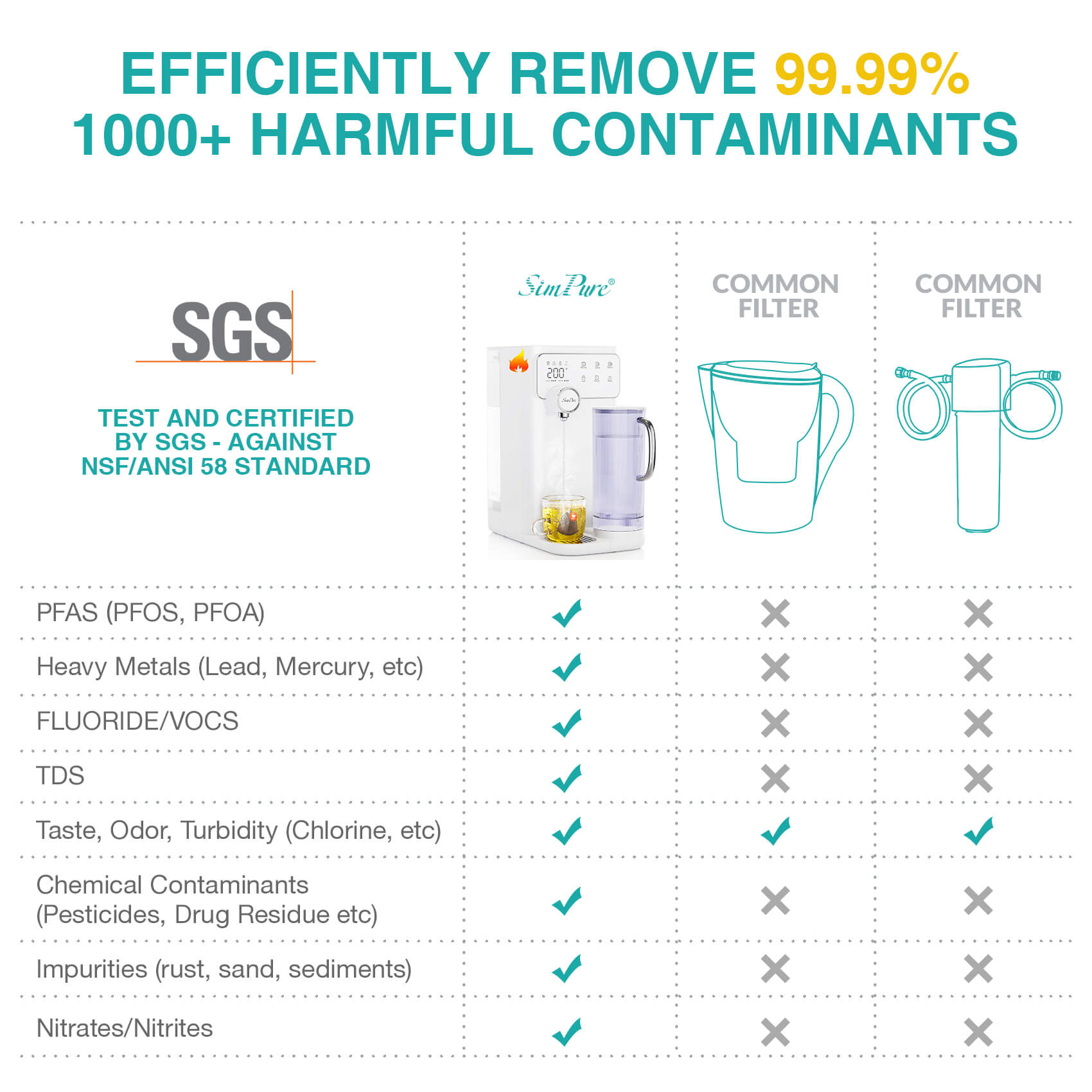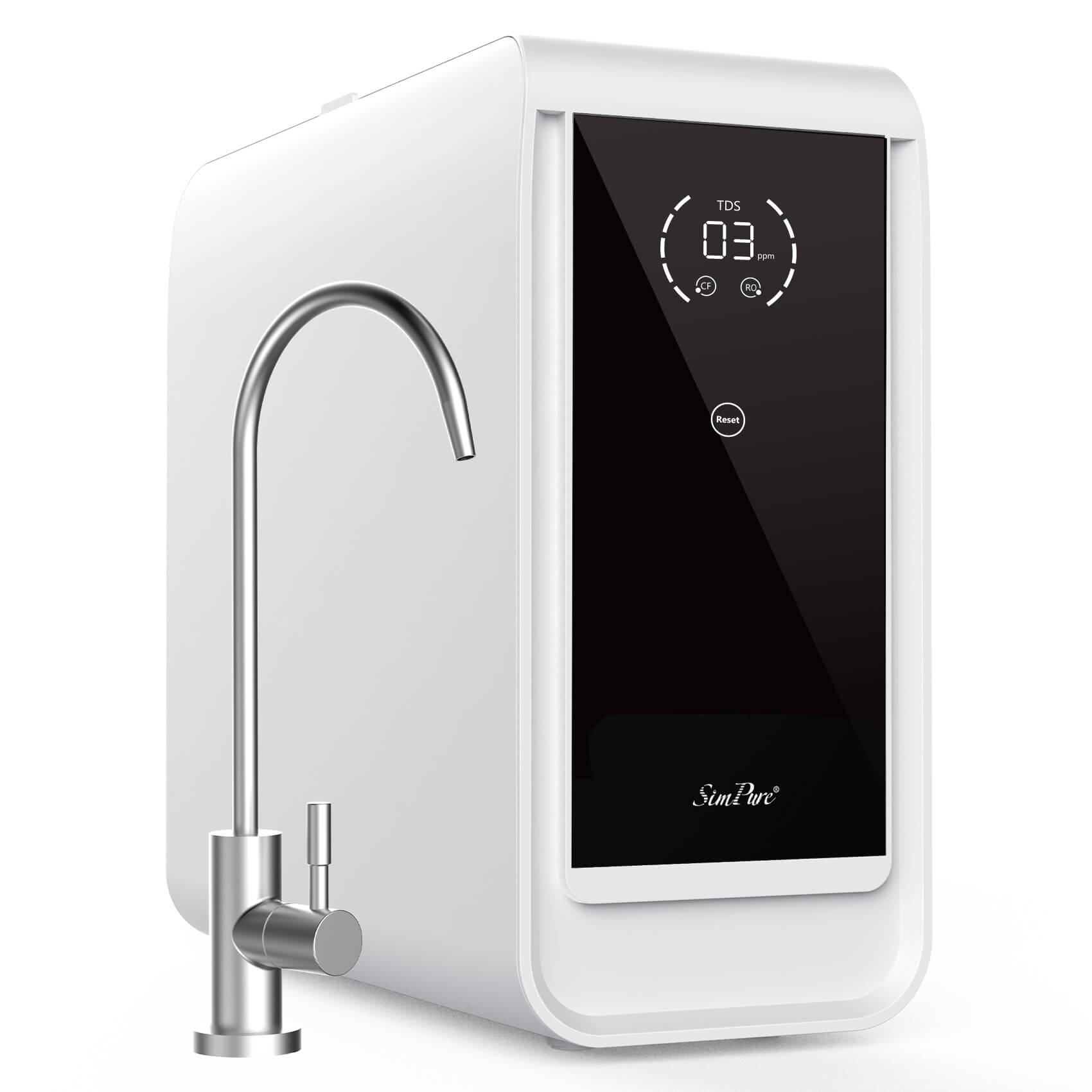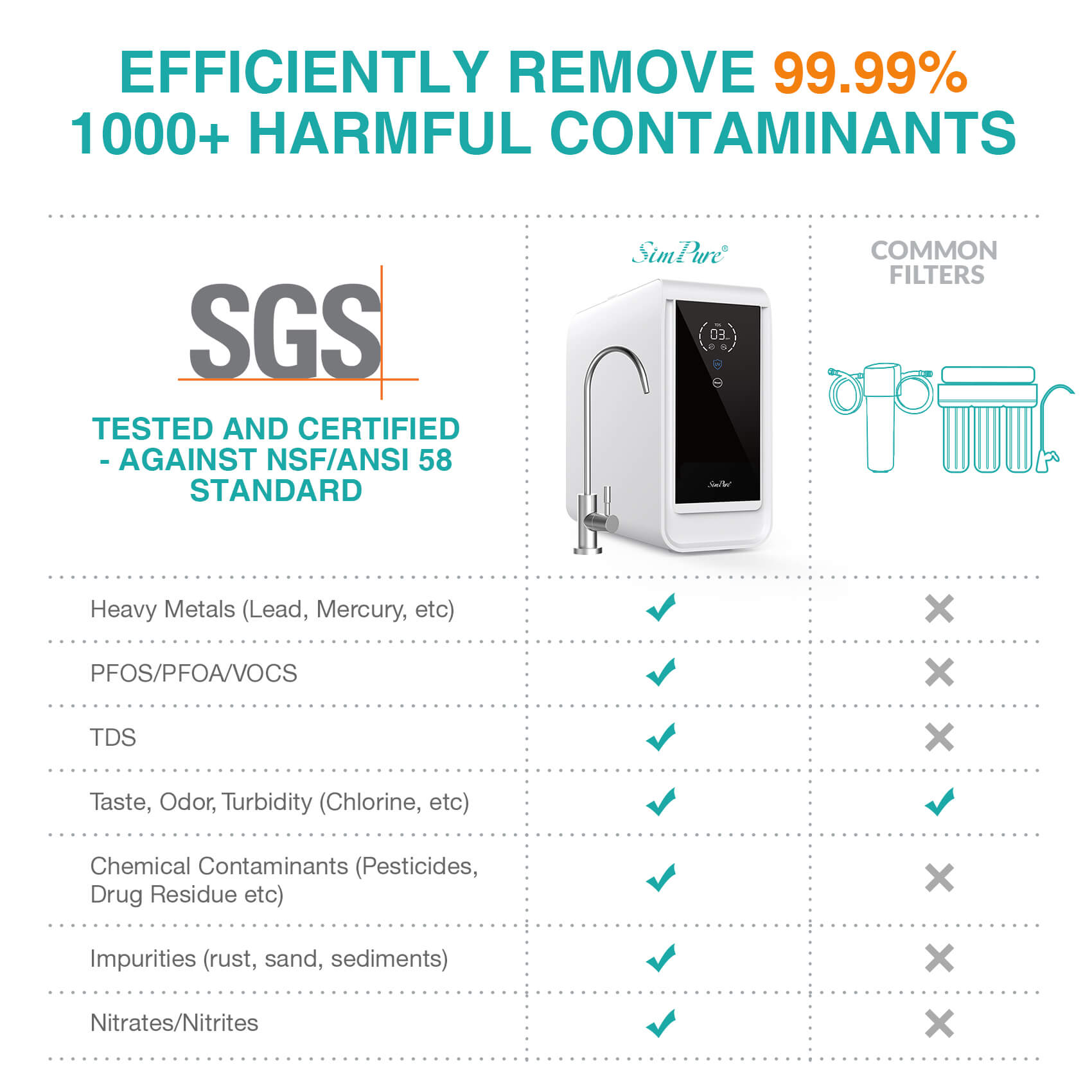Purified vs spring, if you want to learn about the difference between spring water and purified water and figure out which is better, now you will read the most important information in this article.
Water is very important for us. Everyone needs to drink at least 1200ml per day. There is a wide variety of water on the market, including spring water and purified water. Because the names are different, many people can’t figure out the difference between them and even think that all waters are actually similar. You can drink them. If you think that way, you would be wrong. The difference between different waters is very big. Let us learn in this blog:
In ancient times, people drew water directly from the well, do not need to boil or filter it, just scooped it up and drank it. At that time, there were no stomach troubles or illnesses caused by drinking water. However, with the continuous development of society, ordinary drinking water simply cannot meet the drinking water standards. Some filtered water, water purifiers, and pure water came into being! Some people say that spring water is better than purified water. Spring water is a pure natural source of water that flows directly from the mountains. Purified water is processed. Spring water vs purified water, there is no nutrition in purified water while there are a variety of minerals that are beneficial to the human body in spring water. So what's the difference between spring water and purified water? which is better spring water or purified?
What Is Spring Water?
Spring water is natural water formed by the natural purification of mountains! It is taken from surface water with a quiet and clean environment with no industrial pollution, stable PH value, and temperature, and a certain amount of minerals and trace elements that are beneficial to the human body. Most of these water sources come from rainwater, snow water, and groundwater. After a period of precipitation and the flow in the shallow layers of the ground, the water quality has changed, and some minerals that are beneficial to the human body will be formed. However, the spring water must come from a specially protected mountainous area, with no polluted areas, and no factories nearby. Only by meeting these standards can it be considered qualified mountain spring water!
How does the natural spring water become clean?
Spring water is from a place where there is a water collection at the foot of a big mountain. We all know that this water should have been left behind by the rain from the mountains after a step-by-step infiltration. According to common sense, it is definitely not clean, but in fact it is completely drinkable, even sweeter than the water we usually drink. In fact, this phenomenon is also well understood. During the process of rainwater infiltration, it passes through different soil layers, and eliminates impurities step by step. The remaining water will continue to infiltrate to form a part of the accumulated water, thus forming a clear sweetness. Mountain spring water. This is the most obvious manifestation of nature's purification ability. At the same time, there are some minerals in the naturally filtered water, which is also beneficial to the body.
Benefits of drinking spring water
The spring water is very suitable for children, pregnant women, and the elderly to drink. Because children are in a fast-growing stage, natural spring water containing minerals and trace elements required by the human body helps children absorb nutrients more balanced; during pregnancy and breastfeeding, women’s nutrition and water requirements are increased. Drinking natural water can help Promote the nutrient absorption of pregnant and lactating women; due to calcium deficiency, the old people often suffer from osteoporosis, drinking natural water helps them absorb minerals and trace elements. As long as you are healthy (not obese, non-diabetic) (Patients with calculi), spring water is suitable for you to drink for a long time.
Scientifically determined, the average value of various chemical elements and trace elements in human blood is closely related to the abundance of elements in the earth's crust. Mountain spring water dissolves the mineral elements in the earth's crust, so mountain spring water is rich in trace elements and minerals necessary for the human body. From a nutritional point of view, minerals are no less than vitamins, and their effects on the human body are much greater than we realize. For example, potassium, calcium, and magnesium in water are necessary to maintain normal physiological functions of the human body. Bicarbonate is good for the recovery of gastrointestinal diseases. Metasilicic acid helps bone calcification and promotes growth and development, etc.
What Is Filtered/Purified Water?

Filtered purified water is water cleaned of contaminants through filtration and purification processes. Filtration removes visible particles like dirt, sand, and rust. It improves clarity and eliminates unpleasant odors or tastes.
Purification goes further by targeting smaller impurities. It removes bacteria, viruses, heavy metals, and chemicals. Methods like reverse osmosis, UV treatment, or carbon filtration are often used. These ensure the water is clean and safe for consumption.
Benefits of Purified Water
1. Purified water removes harmful contaminants such as chlorine, bacteria, heavy metals, and pesticides, ensuring that you drink safe, clean water, and reducing the risk of waterborne illnesses and long-term health issues.
2. The purification process removes chlorine and other chemicals, eliminating unpleasant tastes and odors. The result is fresh, neutral-tasting water that is more enjoyable to drink.
3. Purified water is perfect for sensitive applications like preparing baby formula, medical use, and skincare. It ensures that harmful substances do not enter your baby’s system or irritate your skin.
4. Purified water helps prevent mineral buildup in appliances such as dishwashers, coffee makers, and water heaters, prolonging their lifespan and reducing maintenance costs.
5. Using a home water purification system reduces reliance on bottled water, cutting down on plastic waste. It is also more affordable over time, as you won't need to buy bottled water regularly.
How to Distinguish Between Spring Water and Purified Water?
It is actually relatively simple to distinguish whether the domestic water on the market is spring water or pure water. Everyone only has to look at the ingredient list. Under normal circumstances, the raw material "water" is pure water. No matter how luxurious and high-end the name of the package is, it only needs the word water in the ingredient list. Generally, it is pure water made by filtering tap water. And if the ingredient list is "natural mineral water" or "pure water" or "Surface water" keywords like these, it is generally better natural spring water.
Difference between spring water and purified water
- Source: Spring water comes from natural underground springs; purified water is processed.
Spring water originates from natural underground springs or aquifers. It flows to the surface and is typically collected either directly from the spring or via boreholes. This water is considered to be in its natural state, although it may undergo some minimal treatment before being bottled for consumption. In contrast, purified water is usually sourced from tap water or other water sources, then treated and filtered extensively through methods like reverse osmosis, distillation, or UV purification. Purified water may originate from different places but undergoes thorough processes to ensure it is clean and safe.
- Mineral Content: Spring water contains natural minerals; purified water is mineral-free.
Spring water is rich in natural minerals, including calcium, magnesium, and potassium, which come from the surrounding rocks and soil as the water travels through underground aquifers. These minerals contribute to its distinctive taste and offer various health benefits. These minerals help maintain hydration and support bone health. On the other hand, purified water is typically free of minerals, as the purification process removes impurities, including any naturally occurring minerals. While purified water provides clean and safe hydration, it may lack the added nutritional benefits that come with the minerals found in spring water.
- Taste: Spring water has a mineral-rich taste; purified water is neutral.
The taste of spring water is often described as fresh, crisp, and sometimes slightly mineralized, depending on the source of the spring. The presence of minerals like calcium and magnesium can give the water a distinct flavor profile, which many people find refreshing and pleasant. Purified water, however, is known for its neutral taste. Since purification processes remove impurities, including any minerals, purified water tends to have a clean, bland flavor without any noticeable aftertaste. Some people prefer the more neutral taste of purified water, while others enjoy the unique taste of mineral-rich spring water.
- Purification: Spring water may be untreated; purified water is filtered.
Spring water may undergo minimal treatment, such as filtration to remove large particles, but it typically remains in its natural form. Depending on the regulations and the water source, some spring water may be treated with ultraviolet (UV) light or ozonation to ensure safety, but it is generally not subjected to heavy filtration or processing. Purified water, on the other hand, undergoes extensive purification, which typically includes methods like reverse osmosis, distillation, or activated carbon filtration. These processes remove contaminants, harmful microorganisms, and chemicals, resulting in water that is highly purified and safe for consumption, but without any natural impurities.
- Safety: Spring water can contain impurities; purified water is contaminant-free.
Spring water is often considered safe to drink, but its safety depends on the quality of the source and the treatment it undergoes. While spring water is generally free from contaminants like chlorine or fluoride, it can sometimes contain bacteria, viruses, or harmful chemicals if the source is not properly protected or treated. Purified water, however, goes through rigorous treatment processes to remove harmful microorganisms, heavy metals, chemicals, and other impurities. This makes purified water highly safe for consumption, ensuring it is free from contaminants that could pose health risks, which makes it a more reliable option in some situations.
- Usage: Spring water is preferred for drinking; purified water suits sensitive uses.
Spring water is primarily used for drinking, as it is considered a natural and refreshing source of hydration. Many people enjoy spring water for its mineral content and natural flavor, often choosing it as a bottled water option. It can also be used in cooking and other culinary applications. Purified water, however, is often preferred in situations where the purity of water is essential. It is commonly used for sensitive applications such as baby formula preparation, medical use, and even in household appliances like humidifiers or coffee makers to prevent scale buildup and mineral deposits.
When Spring Water is Better
Because mountain spring water is the ready-made spring water after the water has been filtered through many rocks on the mountain. When the water passes through these rocks, there will be many minerals in the rocks. These minerals will be taken away by the mountain spring water. These mountain spring waters also contain this kind of mineral. It is because of these minerals that the water tastes sweet. The filtered water is an ordinary river. The water in it passes through a water treatment plant, puts some sterilizing things and some disinfectants into the water to remove harmful substances in the water, and then filtered, and finally sent to thousands of households. Therefore, the water will not contain the rich minerals in mountain spring water, nor will it have a sweet taste. So spring water is better for the following people:
-
For Natural Mineral Content
Spring water is ideal for people seeking naturally occurring minerals. These minerals can support bone health, hydration, and overall wellness.
-
For Taste
Many prefer the crisp, refreshing taste of spring water, which is often attributed to its mineral content.
-
For Outdoor Enthusiasts
Bottled spring water is convenient for on-the-go hydration during hikes or outdoor activities.
When Purified Water is Better

-
For Safety and Cleanliness
Purified water is the best option when water safety is a concern. It ensures harmful contaminants are removed, making it ideal for areas with poor water quality.
-
For Sensitive Uses
It is suitable for baby formula preparation, medical use, and any scenario where pure, contaminant-free water is required.
-
For Appliances and Cooking
Purified water prevents scale buildup in appliances like coffee makers and kettles. It also enhances the taste of beverages and meals by removing chlorine and other chemicals.
In summary, everyone should understand the difference between natural spring water and filtered purified water. If you prefer natural minerals and great taste, spring water is a good choice. If safety, cleanliness, and versatility matter more, purified water by water filter is ideal. Consider your purpose and lifestyle to make the best decision.


